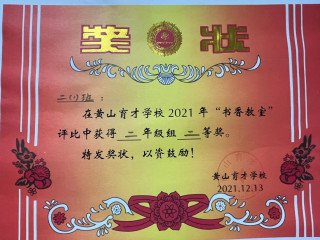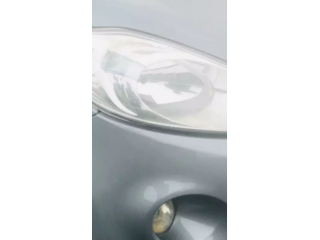Backlit Film Printing The Eco-friendly Way
Jan 5th, 2022 at 07:08 Cars & Vehicles Salford 175 viewsBacklit Film Printing The Eco-friendly Way
An eye-catching, large format display typically used for restaurant menu boards, movie posters, and trade show displays, the advertising backlit film is also sometimes known as a light box display. It’s basically an image printed on film and placed on a frame with a light inside. Doing this makes the photo or image more noticeable and appealing. There are, of course, various materials and processes used to make these backlit displays but at SLB Printing, we do it the eco-friendly way.
By focusing on using environmentally-sound consumable materials and processes. When we print our backlit films, we use high-quality, recyclable HP Backlit Polyester Film. This matte-finish material is water resistant and can be laminated, which makes it more durable and longer-lasting even for outdoor use. Because they’re recyclable and from HP, these reverse print backlit film 125 micro are also eligible for HP’s free recycling service, a project that helps reduce environmental impact. In addition to using recyclable film, we also use eco-friendly latex inks from HP. In fact, these water-based inks were not only recognized by the Business Equipment Research & Test Laboratories (BERTL) as the “Best Innovaion in Environmentally Friendly Inks” but they’re safe to use without special ventilation, too. This means that they won’t adversely affect our health. As for our printing process, the ink and films go through our large-format eco-friendly printers. The printers we use are very energy-efficient and contain parts that are either recyclable or reusable. But don’t think that all this energy saving means we work slower. The printers we use are performers and we are as well.
Eco-friendly and more While we do take pride in our high quality prints and eco-friendly printing process and materials, we’re also pleased that our (yes, eco-friendly) staff are also people-friendly. We do our best to attend to our clients’ needs, whether they want a backlit film or banner printed out, all while adhering to a same-day production policy (in by 10 a.m. out by 4 p.m.). Having a backlit film display made for your business will do wonders in getting the word out in a beautiful, eye-catching way. “Going green” with your printing is a step towards establishing yourself as an environmentally-conscious business (which is admittedly a bigger deal now than say, 50 or 30 years ago), and a way to help reduce waste and pollution and encourage sustainability. However, “going green” with SLB Printing’s backlit film printing ensures that you do just that without sacrificing quality and customer service.
In brief: Eco-friendly backlit film printing is a way for us to both show that we care for our
environment, our staff, our businesses and our clients. With so much wastage and pollution all over these days, it seems like a shame to squander any opportunity to “go green”. After all, even the smallest positive change we make can contribute to saving our planet or just making it a cleaner, more sustainable place to live. One change you can do as a business owner is to consider environmentally-friendly printing services. If you’re planning on advertising your products, you really can’t go wrong with reverse print backlit film 150 micro and going about it with a smaller carbon footprint is even better.
There are many options in today's digital world when selecting the right media for your wide format inkjet backlit application. Understanding your application needs, and the differences between substrates, is key to selecting a backlit media that will make your signage radiant.
One of the main points to understand is the 'visual temperature of a material. The 'visual temperature' can fall anywhere on the spectrum between cool and warm and is determined by the amount of blue (cool) or red (warm) undertone the material has. This is also often referred to as the "white point". 'White point' specifically indicates the level of blue within the film. The more blue, the cooler the white and the "whiter" it looks. The higher the level of red within the film, the warmer and more yellow the film will appear.
When determining the visual temperature, you can look at the color index of a material to see where on the spectrum the media falls. The color index is simply a numerical expression that determines the color of an object. As a printer, you will see this in the graphic files when selecting or adjusting a color. You will see it depicted in a L, a, b format.









